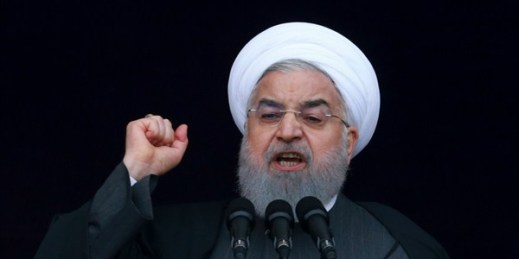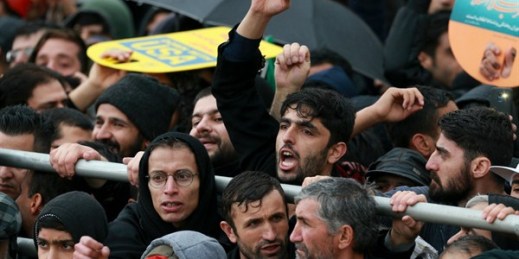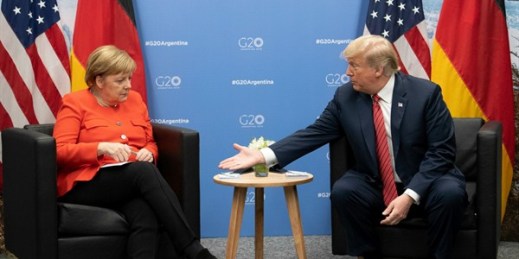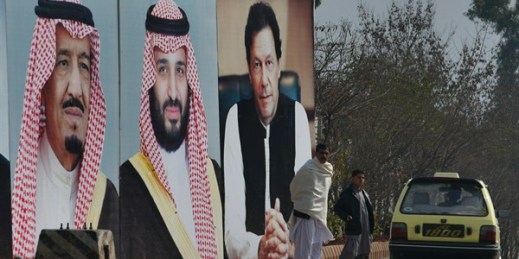
In promoting the 2015 nuclear deal, formally known as the Joint Comprehensive Plan of Action, the government of Iranian President Hassan Rouhani promised it would yield impressive economic dividends for the general population. But those never materialized. Instead, the economic situation has deteriorated considerably since U.S. President Donald Trump took office and embraced hard-line policies toward Iran. In January, Rouhani said the country was facing its worst economic crisis since the 1979 revolution. In this week’s in-depth report for WPR, Jasmin Ramsey, the communications director of the Center for Human Rights in Iran, examines how Iranians are coping with their […]



